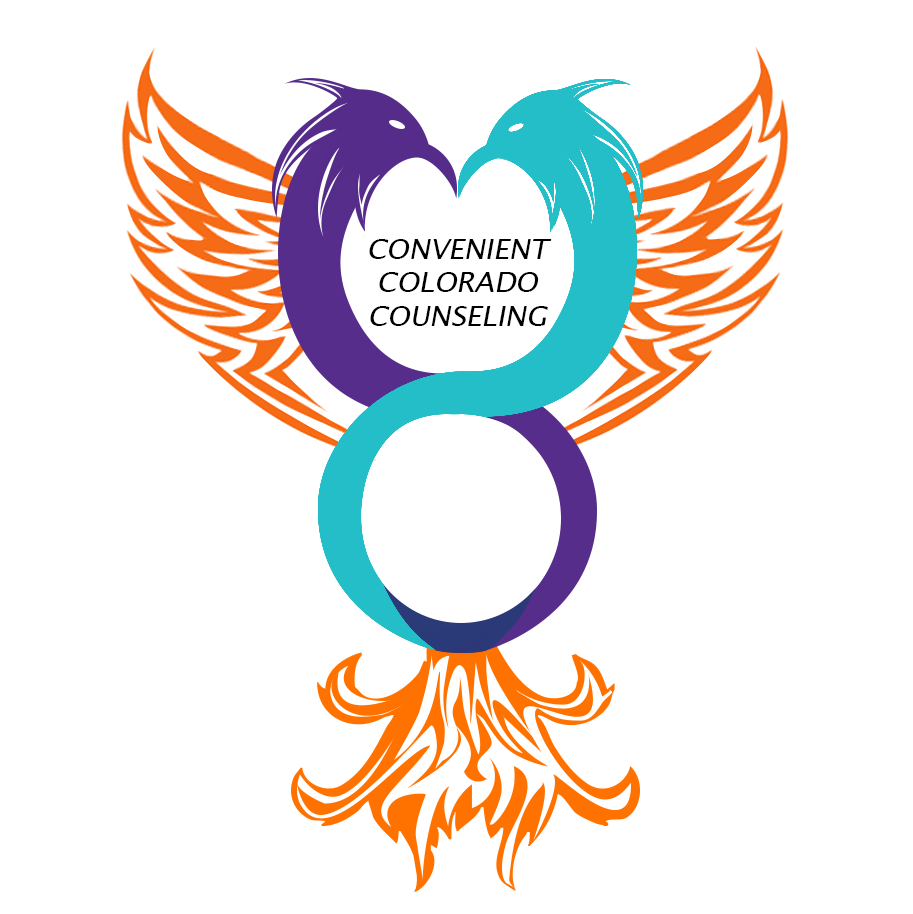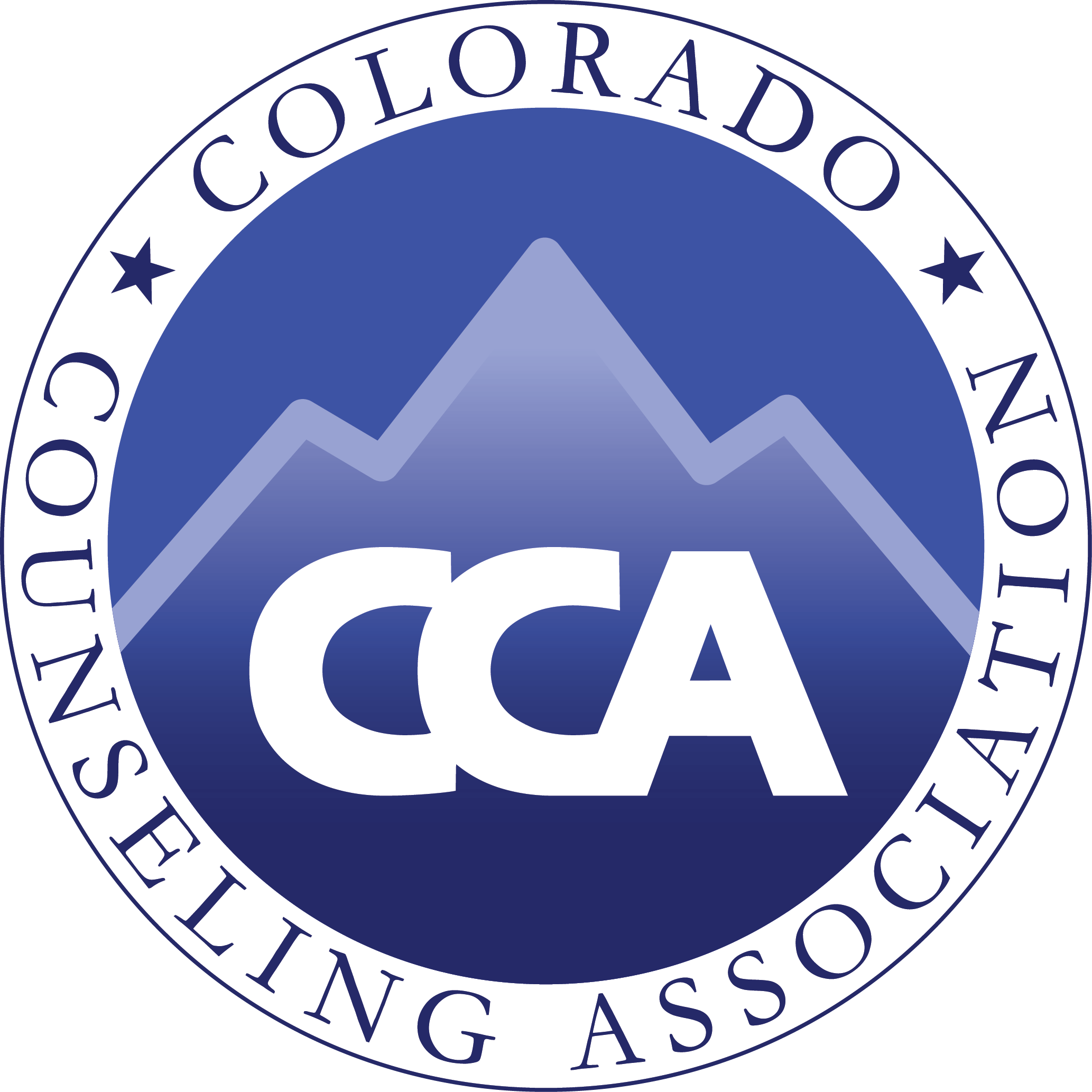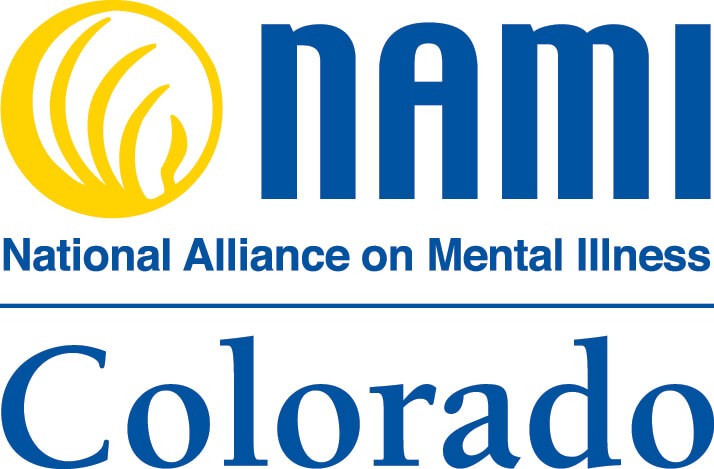bipolar disorder counseling
Everyone experiences moments of emotional lows and highs. However, extreme mood swings may be caused by bipolar disorder. If you think you have bipolar disorder, you should never self-diagnose yourself. Instead, talk with a mental health provider who will work with you to understand what you are going through and can diagnose you properly. Bipolar disorder is a mental health condition that affects your moods. These mood swings are extreme and can last for weeks or longer. As a result, your energy levels, judgment, sleep cycle, and behavior can be impacted. You may also feel like your episodes of depression and mania are disrupting your life and that you need help.
At Convenient Colorado Counseling, bipolar disorder counseling is here to help you manage your symptoms. As an online counselor in Colorado, I provide individualized, evidence-based therapy to help you feel your best. Together, we will work to understand your triggers and the signs of a depressive or manic episode. While these emotions can feel overwhelming, Convenient Colorado Counseling is here to be a mental health resource so you can live your best life.
WHAT IS BIPOLAR DISORDER?
MANIA/HYPOMANIA
During a manic/hypomanic episode, people with bipolar disorder may experience euphoria, increased energy, psychosis, as well as other symptoms including:
- Increased/faster speech
- Increased risky behavior
- Increased activity
- Racing thoughts
- Distractibility
- Decreased sleep
DEPRESSION
During an episode of depression, people with bipolar disorder often feel intense sadness, fatigue, loss of interest, as well as:
- Feelings of worthlessness
- Increased or decreased sleep
- Increased or decreased appetite
- Difficulty concentrating
- Slowed movement or speech
- Thoughts of suicide
TYPES OF BIPOLAR DISORDER
The American Psychiatric Association recognizes three diagnoses of bipolar disorder: bipolar I, bipolar II, and cyclothymic disorder.
Bipolar I Disorder
Bipolar II Disorder
Cyclothymic Disorder
ONLINE THERAPY FOR BIPOLAR DISORDER
It can be difficult to recognize when you are experiencing a manic or depressive episode. It can also be challenging to keep up with daily activities, routines, social interactions, and interpersonal relationships with bipolar disorder. Bipolar disorder counseling from Convenient Colorado Counseling can help.
I offer online counseling services for individuals with bipolar disorder. We will help you navigate your emotions and come up with solutions to allow you to live your best life. Plus, my online counseling services mean you can receive mental health support from the comfort of your home. Talking about how you feel is difficult, but Convenient Colorado Counseling is here to provide you with judgment-free bipolar disorder counseling to help manage your symptoms.

BIPOLAR DISORDER COUNSELING FAQs
One in every 100 people will be diagnosed with bipolar disorder according to the National Health Service. This disorder often develops between the ages of 15 and 19 but can occur at any age. Men and women are as equally likely to develop bipolar disorder.
If your loved one has bipolar disorder, there are many ways to support them while you care for yourself. Some of the best ways to support someone with bipolar disorder include:
- Learning more about it.
- Listening to your loved one.
- Making a plan for episodes.
- Supporting their treatment.
- Expressing your needs.
- Taking care of yourself.
GET SUPPORT WITH BIPOLAR DISORDER COUNSELING FROM CONVENIENT COLORADO COUNSELING
Bipolar disorder causes extreme shifts in your moods that can disrupt your daily life. It can be difficult to manage social situations or show up to work when you feel manic or depressed. However, you don’t have to deal with your emotions alone.
Convenient Colorado Counseling is here to help with bipolar disorder counseling. I am here to listen to you, understand you, and help you come up with an effective plan for treatment. With my online therapy services, we will work toward navigating the symptoms of your bipolar disorder so you feel in control of your life. Ready to take the first step toward treating your bipolar disorder? Schedule an appointment to get started!






